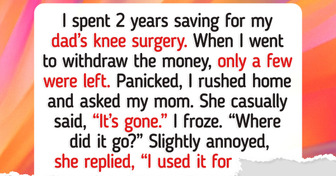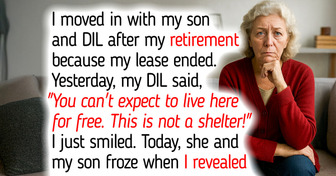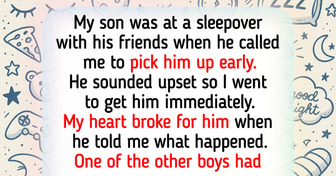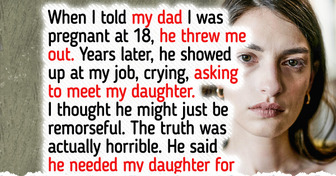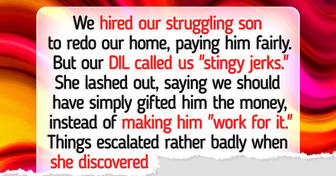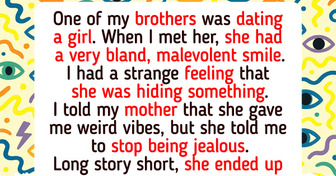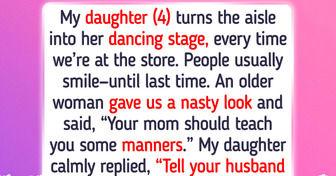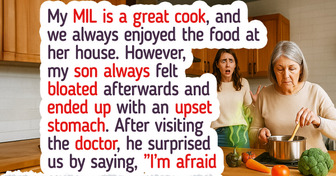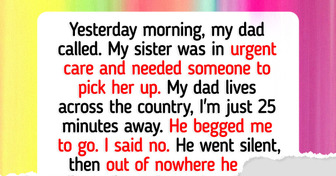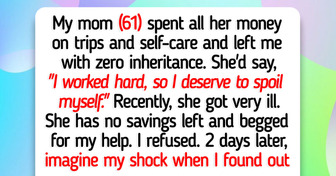I Refused to Care for My Mom—I Got No Inheritance Anyway

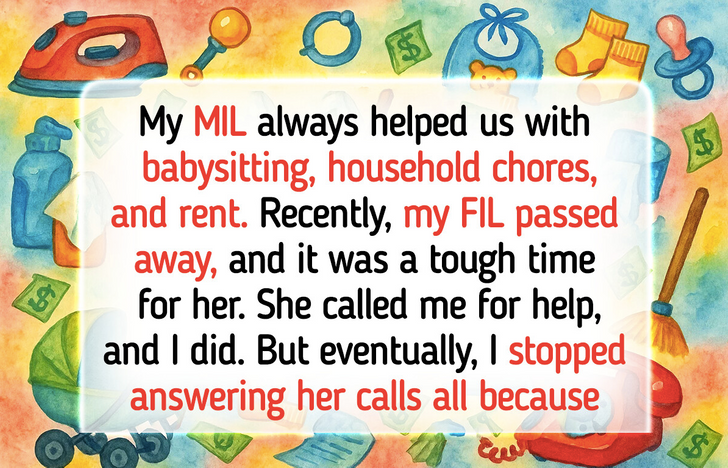
Family relationships can be complicated, especially when roles shift suddenly. One day, the people who supported you are leaning on you instead, and you’re left questioning how much you can give without losing yourself.
One of our readers, Emily (38, F), shared a story about her mother-in-law that explores loyalty, guilt, and the limits of caregiving.
"Hi Bright Side,
I feel like I’m betraying my family by writing to you, but I really need an outsider’s perspective.
My mother-in-law, Susan, has always been a rock for our family. She babysat whenever we needed her, helped with chores, and even chipped in toward our rent when things were tight. She was the first to arrive when there was a problem and the last to leave when everything was sorted. I used to tell my friends how lucky I was to have someone like her in my life.
A few months ago, my father-in-law, Bob. passed away unexpectedly. It was devastating. My mother-in-law lost her lifelong partner, her confidant, and her friend. I watched her struggle to adjust; the empty house felt like a constant reminder of everything she had lost. She started calling me frequently, sometimes just to hear a familiar voice. I tried to be there for her because she had always been there for me.
I didn’t mind being there for Susan; I could imagine what she was going through, but slowly her dependence on me grew to the point that her other children (including my husband) began to leave the responsibility of looking after their grieving mother to me alone.
Calls came in the morning, afternoon, and night. Requests for help with bills, groceries, small errands, or just company. I answered them all at first, even when it meant stretching myself too thin and sometimes, neglecting my children.
Part of me was frustrated. I could understand her grief, but I couldn’t understand why no one else seemed to notice or care. I began to feel that my own sacrifices were invisible. I tried to talk to my husband and his siblings about it, hoping they would take some responsibility, but instead of hearing me out, they told me I ’owed it to my mother-in-law after all she’s done for me’ and since I’m ’just at home with my kids all day’ I should be able to help.
I began to feel trapped. I was trying to keep her afloat, but it seemed no one else cared, and some even seemed to hope I’d fail. The pressure built with every call, every expectation, every silent glance from her other children. Eventually, I couldn’t handle it. I started letting calls go unanswered. I felt guilty, but I also felt suffocated. I had my own life, my kids, my work, yet it seemed like I was expected to be her constant support while her own children didn’t even call to check up on her. My exhaustion turned into quiet resentment, and I realized I needed to step back.
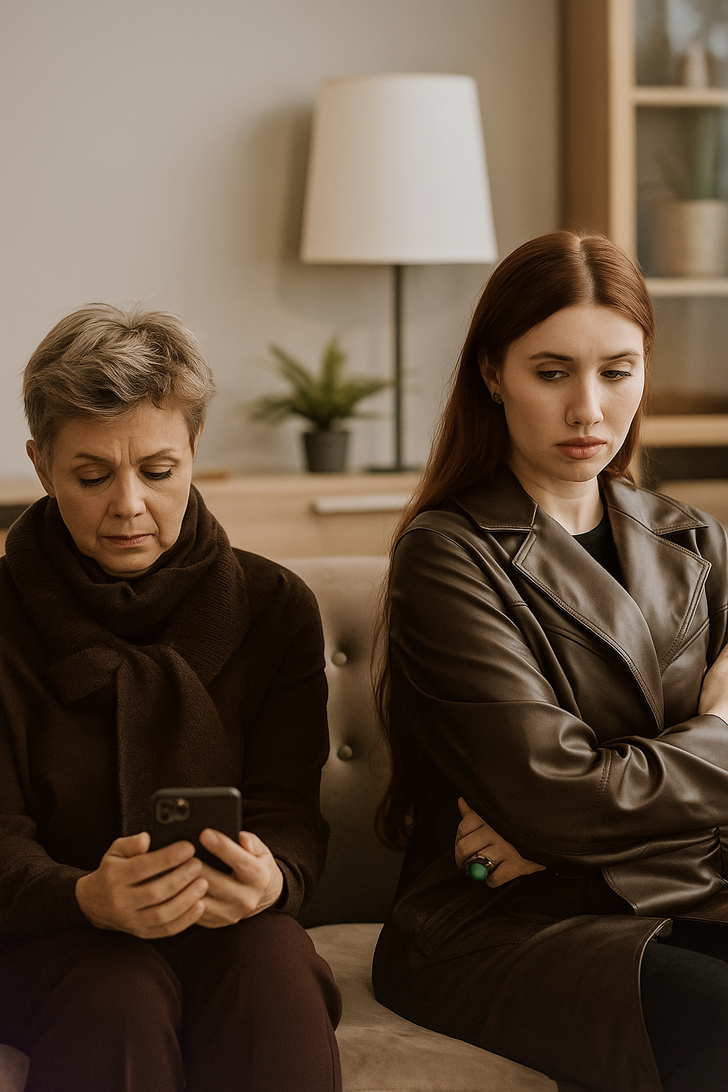
Now, she barely speaks to me. When we do talk, there’s tension I can’t ignore. I know she feels abandoned, and maybe she’s right. I can’t help but feel bitter too, that I was left to carry the weight alone, that no one else seemed to see her pain or mine.
I wonder if I failed her in her darkest moment, or if I did what I had to do to protect myself. My husband and his siblings are trying to make me seem like the bad guy, but I don’t care what they think. What bothers me is that the silence between my mother-in-law and me is growing heavier with each passing day, and I don’t know if I deserve it!
Thank you, Emily, for reaching out and sharing your story with the Brightside community. We understand your guilt and applaud your ability to honor your needs.
What you’re feeling matters, and it’s an entirely natural part of being human. With care, we’ve gathered a few gentle thoughts that we hope might provide some comfort or perspective in this moment.
Caring for others shouldn’t mean losing yourself. What would you do if you were in Emily’s place? Would you keep going, even if it broke you inside? Is saying no really selfish?
If this struck a chord, check out this story about the quiet weight of giving, guilt, and sacrifice.

